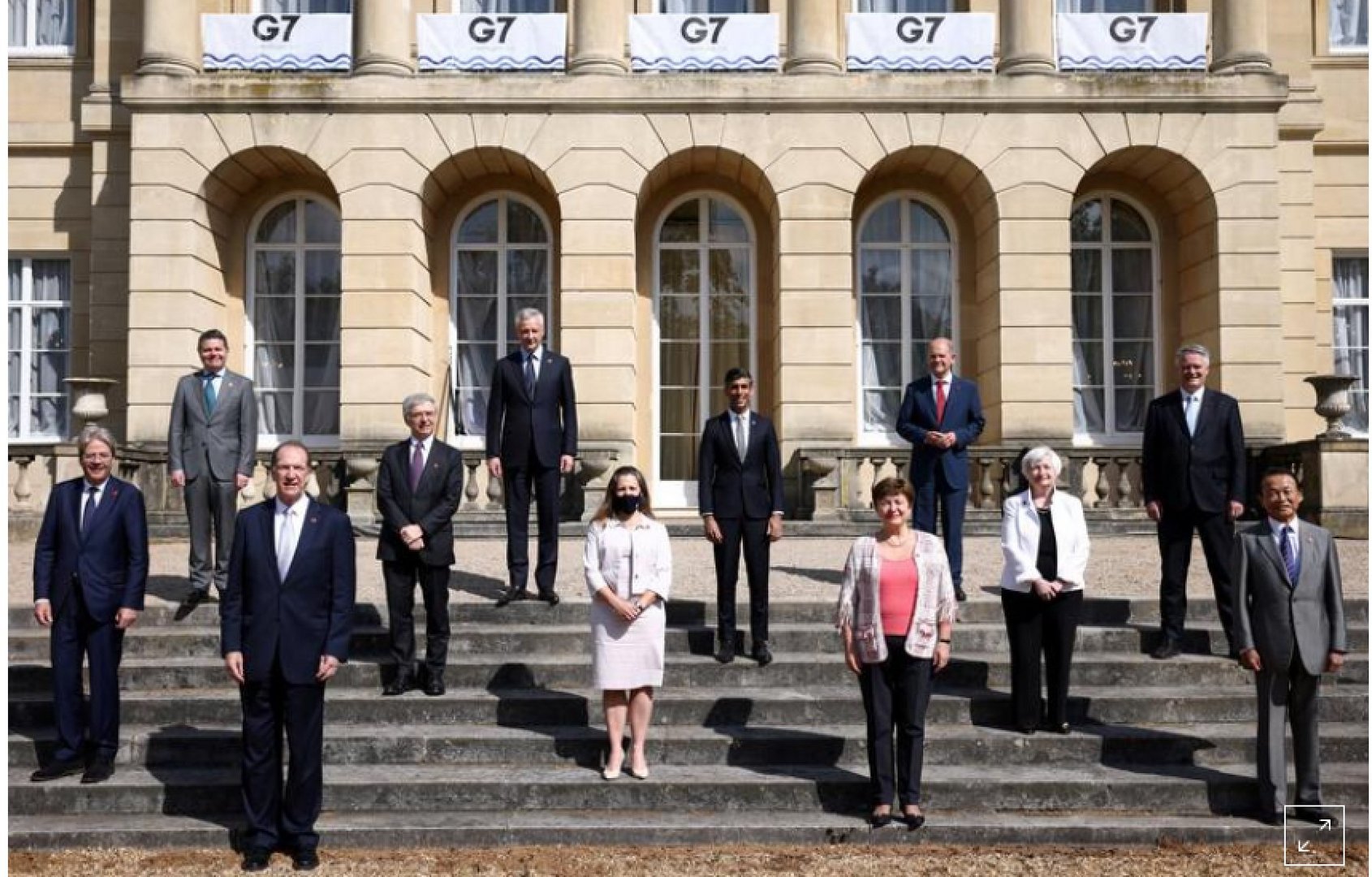Several top US Senate Republicans on Monday rejected Treasury Secretary Janet Yellen’s G7 deal to impose a global minimum corporate tax and allow more countries to tax big multinational firms, raising questions about the U.S. ability to implement a broader global agreement.
The opposition from Republicans may push President Joe Biden to attempt to use budget procedures to pass the initiatives with only Democratic votes.
It left lawyers and tax experts in Washington wondering whether it could get done without crafting a new international treaty, which requires approval by a two-thirds majority in the evenly split 100-member Senate.
“It’s wrong for the United States,” Republican Senator John Barrasso said of the tax deal struck on Saturday by finance ministers from the G7 wealthy democracies.
In the landmark agreement, G7 finance ministers agreed to pursue a global minimum tax rate of at least 15% and to allow market countries to tax up to 20 per cent of the excess profits – above a 10 per cent margin – of around 100 large, high-profit companies.
Yellen said the “significant, unprecedented commitment” would end what she called a race to the bottom on global taxation.
In exchange, G7 countries agreed to end digital services taxes, but the timing for that is dependent on the new rules being implemented.
Republican Senator Pat Toomey said the deal would drain tax revenues away from the US Treasury to other countries, adding that he hoped some Democrats would be unwilling “to subject the American economy to this kind of misery.”
“There will be no Republican support for this, and they’ll have to do this on a party-line vote. That needs to fail,” Toomey told Fox Business Network.
Daniel Bunn, an international tax expert at the Tax Foundation, a right-leaning think tank in Washington, said he believed that establishing new taxing rights on 100 multinational firms would require a new tax treaty.
The US Constitution gives the president the right to make international treaties “if two-thirds of Senators present concur.” US participation in some international treaties has been hampered by domestic partisan divides, in which a president approves the deals but they are not ratified by Congress.
Manal Corwin, head of KPMG’s Washington National Tax Practice and a former U.S. Treasury official, said Yellen’s G7 deal could be done through legislation that overrides existing bilateral tax treaties – using a simple majority as part of budget reconciliation procedures.
With Vice President Kamala Harris as the tiebreaking vote, Democrats control 51 votes in the Senate, but cannot afford to lose any Democratic votes.
Wyden, who chairs the tax-writing Senate Finance Committee, told reporters that deterring the use of tax-haven countries and ensuring minimum levels of corporate taxation were “in the long-term interest of American workers.”
“There’s a lot of heavy lifting to do here,” Wyden added. “It’s going to take a number of months, that’s for sure.”
Toomey, who sits on the Finance Committee, said he believed Democrats could push through the tax changes with only Democratic votes, without a treaty, but added that would require the United States to “surrender” and agree not to oppose changes imposed by other countries.





Click here to change your cookie preferences